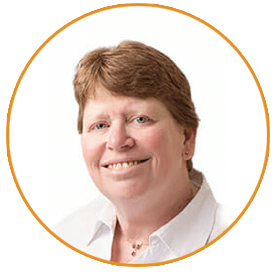Working hours
Mon - Fri: 8am to 5pm
Mon - Fri: 8am to 5pm
Share
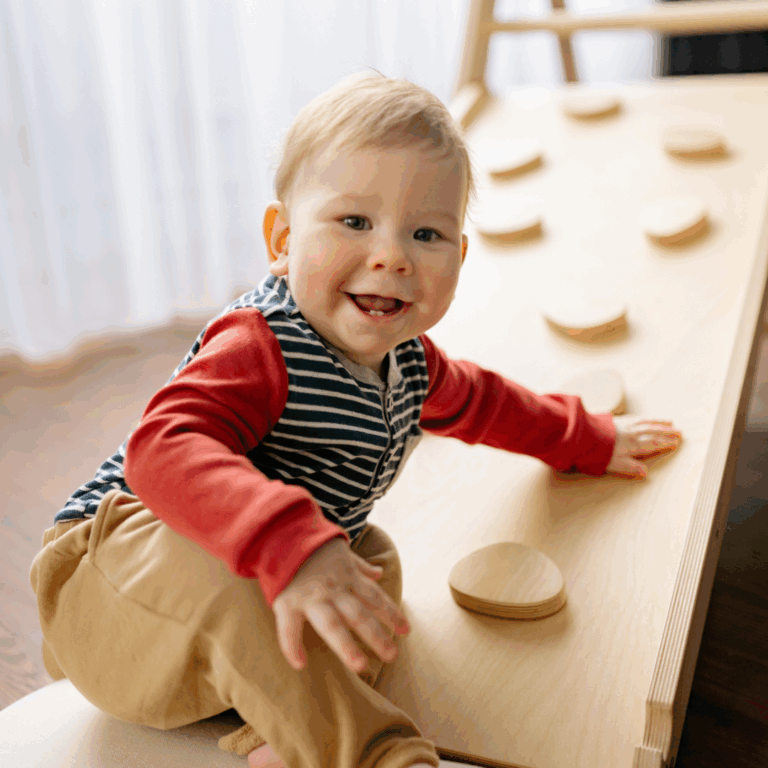
As Early Years professionals, our shared commitment is to create environments where every child feels safe, valued, and able to thrive.
With the revised Early Years Foundation Stage (EYFS) framework for safeguarding coming into effect in September 2025, safeguarding practices are evolving to place even greater emphasis on everyday culture, team confidence, and the wellbeing of every child.
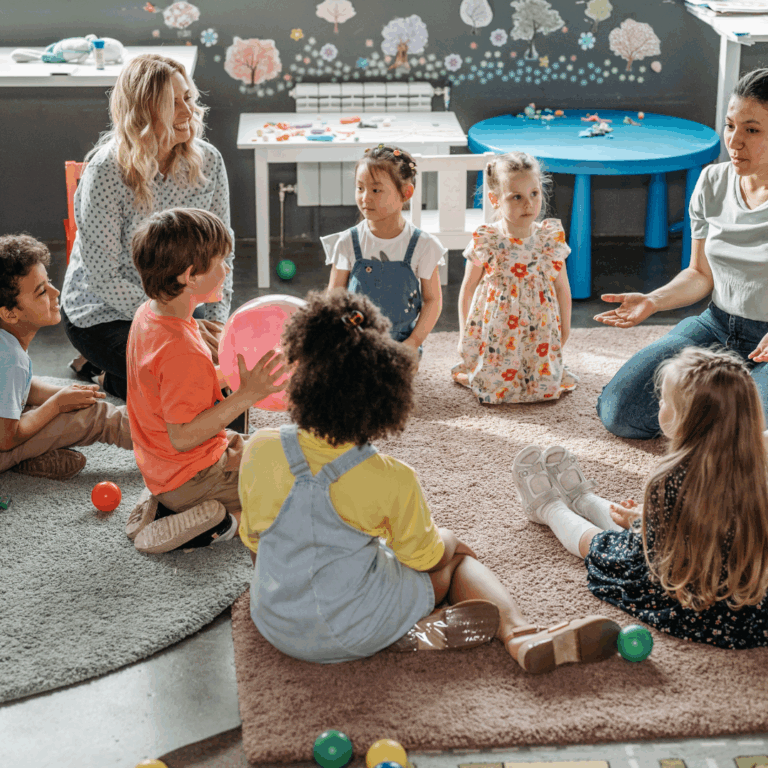
From September 2025, safeguarding is not just a topic for training days, it becomes an integral part of daily routines and the culture of every setting.
The new framework encourages teams to move beyond theoretical knowledge, applying safeguarding principles in every interaction and decision.
Regular discussions, scenario-based learning, and reflective practice will help ensure everyone feels empowered to identify and respond to concerns with confidence.
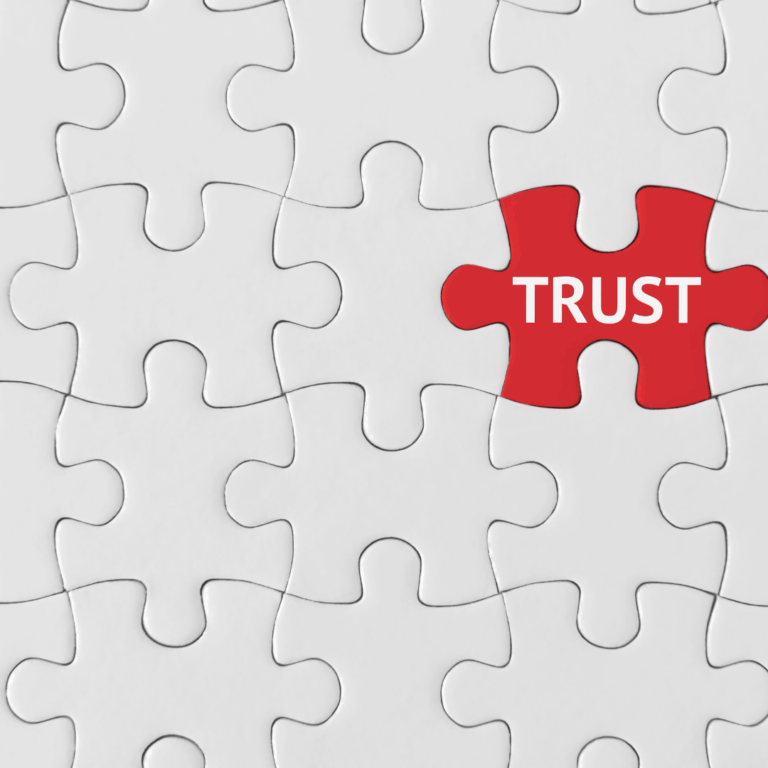
A culture of openness and trust is at the heart of effective safeguarding.
The updated framework highlights the importance of clear, accessible whistleblowing procedures so that all staff members feel supported to raise concerns about unsafe practices.
This openness strengthens the entire team and keeps children safer.

Safer recruitment is a renewed focus.
The framework now requires that all references are obtained before employment begins, and that recruitment decisions are carefully documented and justified.
This approach ensures that every adult working with children is suitable and that the process is transparent and robust.
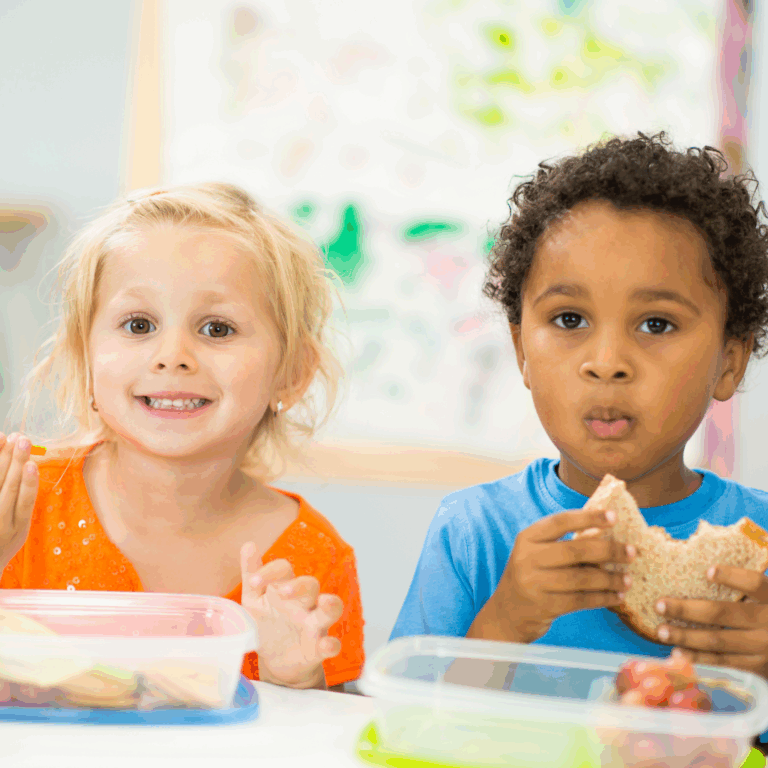
One of the most significant changes relates to meal and personal care routines. From September 2025:

Monitoring attendance and following up on absences are essential safeguarding measures.
The updated EYFS encourages clear processes for record-keeping, communication with families, and escalation of concerns, ensuring that no child is overlooked.
Continuous professional development is more important than ever.
Ongoing training, access to up-to-date resources, and open dialogue help teams stay informed and confident in their safeguarding responsibilities.
Whether it’s a refresher course or practical advice on specific scenarios, support is available to help every setting adapt and flourish.
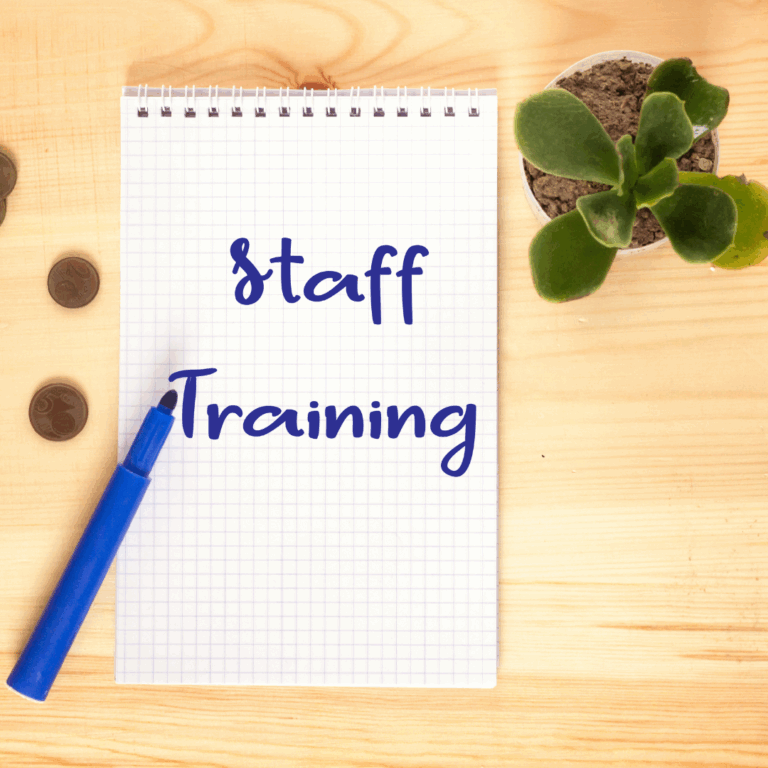
Change brings opportunities for growth. By embracing these updates, Early Years settings can foster environments where safeguarding is second nature, every team member feels valued and prepared, and every child is given the best possible start.
Together, we can rise to meet these new standards and continue to make a positive difference in children’s lives.
Find out more about our Safeguarding Courses, here.
And our Paediatric First Aid Courses, here.
We also have a Safer Recruitment in Early Years course, perfectly aligned with the updated guidance.
With the ever-changing regulations and guidance, sign up to our monthly newsletter and mailings to stay current and keep up to date with running your childcare setting.
Simply enter your details below to join our mailing list.
By completing this form you are agreeing to our privacy policy You can unsubscribe at any time
